When it comes to property settlement matters following separation or divorce, the process of identifying and valuing the various types of assets involved (which is always the first step to be taken) can be complex and challenging. Gaining a clear understanding of the different types of assets and their importance in property settlement discussions is crucial for achieving an equitable outcome.
The process of identifying and valuing assets begins with the determination of the entire asset pool shared between the parties. This pool encompasses a wide variety of asset types, some of which may not be immediately apparent or typically considered in settlement matters. To ensure a fair and accurate division of assets, it is essential to correctly identify all assets in the property pool. Professional guidance from Coastal Family Law can ensure that your interests are protected and that each aspect of your property settlement is handled with care and precision.
In this article, we will provide an in-depth look into the different types of assets commonly involved in property settlement matters. From tangible assets, such as real estate and personal property, to more complex assets, like superannuation and business interests, we will guide you through the process of identifying and valuing each asset type. With a clear understanding of the various asset types and the support of our experienced legal team, you will be better prepared to navigate the complexities of property settlement matters and work towards a fair and equitable resolution.
1. Real Estate and Property Assets
One of the most common and substantial types of assets in property settlement matters involves real estate (both in Australia and overseas). These can include:
- Primary Residences: The family home where you and your partner lived during the relationship.
- Investment Properties: Any secondary properties purchased as investments or rental income generators.
- Vacant Land: Any undeveloped land assets owned by either spouse.
When valuing real estate assets, it’s essential to obtain an accurate and up-to-date market appraisals or a formal property valuation from a licensed valuer. Coastal Family Law can guide you through this process and ensure appropriate valuations are obtained and considered in negotiations.
2. Personal Property and Possessions
In addition to real estate, personal property and possessions also form part of the asset pool in property settlement matters. These can include:
- Vehicles: Cars, motorcycles, boats and trailers.
- Household Items: Furniture, appliances, artwork, and other personal belongings within the home.
- Collectibles: Items such as antiques, artwork, stamps, or coin collections may hold significant value and should be considered in property settlements.
- Jewellery: Watches, rings, and other jewellery pieces are often accounted for in property settlements.
It’s important to consider both the fair market value of these items and any sentimental value attached to them, as, in some cases, personal belongings may hold greater significance in the settlement discussion.
3. Financial Assets and Investments
Financial assets and investments compose another significant portion of asset pools in property settlement matters. These assets can include:
- Bank Accounts: The balance of any joint or personal savings, cheque, and term deposit accounts.
- Superannuation: This can often be one of the biggest assets in the pool and an asset a lot of separating couples do not realise is included. Superannuation balances are considered and can be “split” as part of the property settlement.
- Shares: Includes any ownership stake in publicly or privately-held companies, as well as managed funds. Investments in cryptocurrency will also be taken into account.
- Life Insurance Policies: Policies with a cash surrender value may be considered an asset in property settlement matters.
To ensure an equitable division, a careful examination of all financial assets must be undertaken. Coastal Family Law can provide expert guidance, including liaising with financial advisors when necessary, to ensure that the value of financial assets is accurately represented in property settlements and the process can be as streamlined and cost-effective as possible.
4. Business Interests and Intangible Assets
Assets associated with business interests and intangible assets are often complex but can play a vital role in property settlement matters. These types of assets include:
- Business Ownership: Valuing a privately-held business can be challenging, often requiring the expertise of accountants and valuation professionals.
- Intellectual Property: This can include patents, trademarks, copyrights, or other intellectual property rights, which may hold significant monetary value.
- Goodwill and Business Reputation: Although more difficult to quantify, the goodwill and reputation of a business can contribute to its overall value.
When handling business interests and intangible assets, cooperation and transparency between parties are crucial. Coastal Family Law works closely with clients and relevant professionals to ensure that these types of assets are assessed and considered fairly in property settlement matters.
Navigating Property Settlement with Expert Guidance
Identifying and valuing the various types of assets involved in property settlement matters following separation or divorce can be an intricate and demanding process. By gaining a clear understanding of the different types of assets, along with their importance in property settlements, you will be better equipped to work towards a fair and equitable resolution. With the support of the experienced team at Coastal Family Law, you can navigate the complexities of property settlements while ensuring your rights and financial interests are protected.
As experienced family law professionals in the Peel Region, Coastal Family Law is dedicated to providing personalised, expert guidance to clients in property settlement matters. Whether navigating the valuation of complex assets or offering representation in negotiations or court proceedings, our team of family lawyers in Mandurah is committed to assisting you in achieving the best possible outcome for your family’s future. Contact us today to discuss your property settlement needs and begin the process of securing a fair and equitable resolution.





